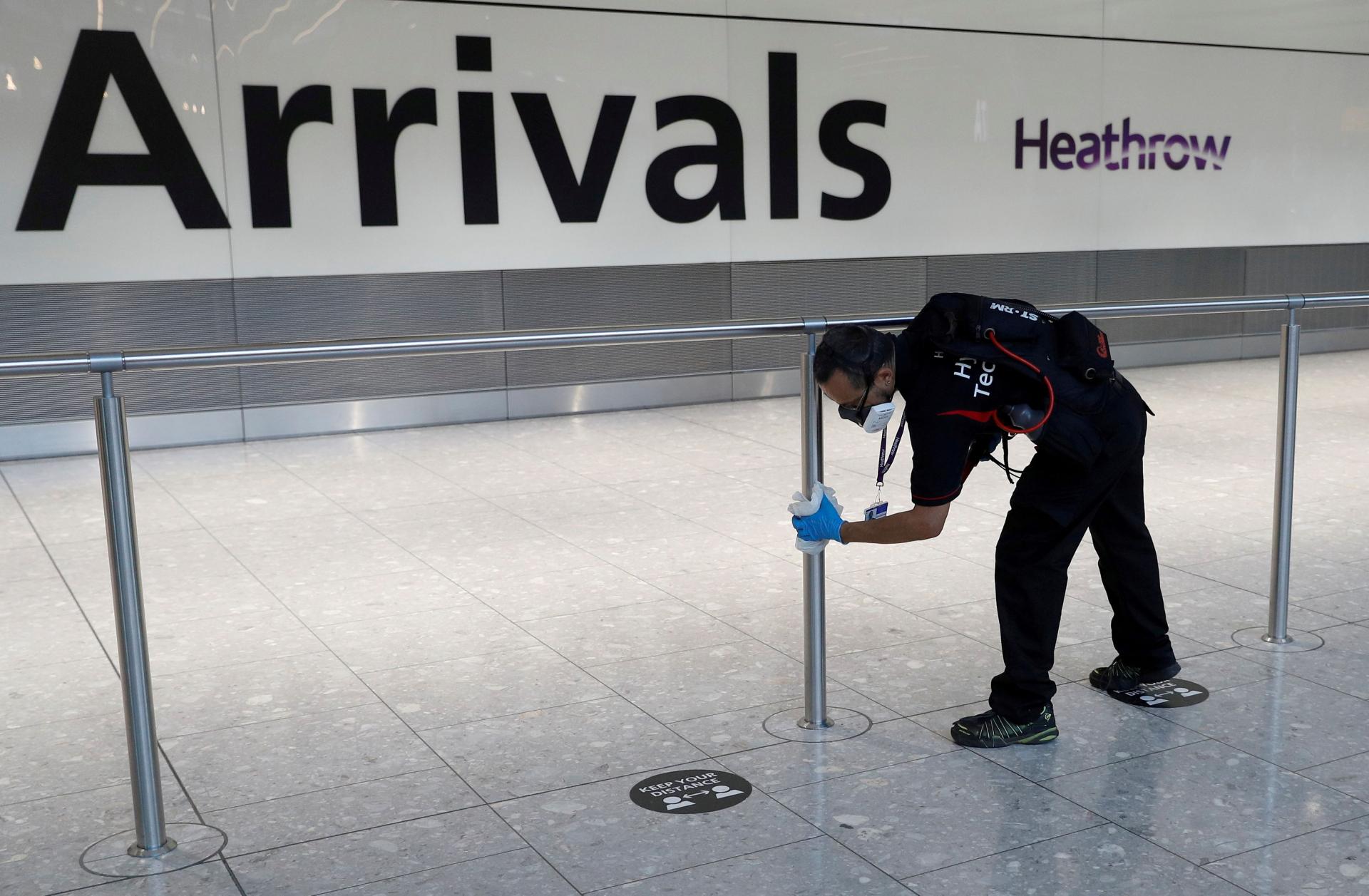The UK aviation regulator said Britain's biggest airport Heathrow will not be permitted to raise passenger charges by as much as it had wanted, but airlines opposed the scale of the hike as the hub and carriers battle to recover pandemic-linked losses.
COVID-19 has restricted flying for more than 18 months, placing huge financial strains on Heathrow and airlines like its biggest user, British Airways, and putting airport charges at the centre of a bitter row.
Airlines on Tuesday criticised the UK's Civil Aviation Authority's (CAA) initial proposals for Heathrow to be allowed to charge as much as 50% more per passenger over the 2022-2027 period.
Heathrow had wanted to almost double charges at the top end of its request.
Airlines UK, the country's industry body, said it would oppose the CAA's proposals "in the strongest terms".
"It’s Heathrow’s shareholders and not our customers who should be asked to foot the bill," the group said in a statement.
Heathrow wants to be able to charge more to help recover pandemic losses of $4 billion, but airlines, who have also lost billions, don't want to have to raise ticket prices to cover higher airport charges just as they are trying to stimulate demand.
British Airways, owned by IAG, and UK-based competitor Virgin Atlantic, say that Heathrow is already the most expensive airport in the world and that they would oppose the proposals in the coming consultations with the regulator.
"The disproportionate increase compared to other European hubs will undermine its (Heathrow's) competitiveness even further and UK consumers will be losing out," IAG boss Luis Gallego said.
The CAA said its proposals, which will be finalised next year, struck the right balance between protecting consumers and allowing the airport to continue to invest.
Heathrow is owned by investors including Spain's Ferrovial , the Qatar Investment Authority and China Investment Corp.
Responding to the proposals, Heathrow said that the regulator should safeguard a «fair return» for its investors.
"The settlement is not designed to shield airlines from legitimate cost increases or the impacts of fewer people travelling," an airport spokesman said.
Under the CAA proposals, Heathrow could raise its per passenger charge to between 24.50 pounds and 34.40 pounds.
Heathrow had requested that the cap be set at 32 to 43 pounds. In 2020, the charge was 22 pounds.
There would be no additional adjustment to Heathrow's regulatory asset base, something which Heathrow had requested, said the CAA, outlining plans for introducing a new risk sharing mechanism to prevent either the airport or the consumer bearing all the risk of future uncertainty.


No comments
To be able to write a comment, you have to be registered and logged in
Currently there are no comments.